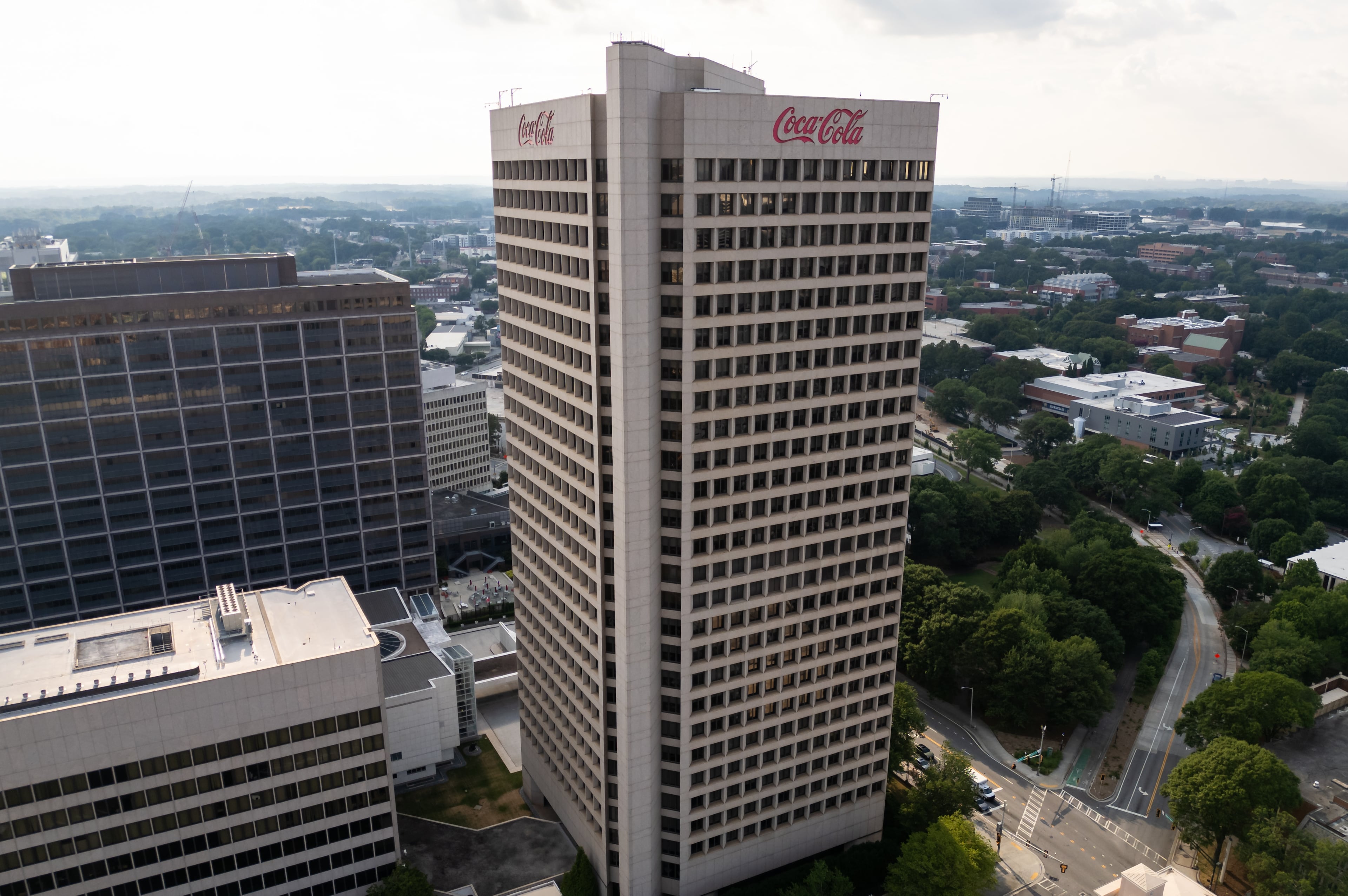UPS' Scott Davis established a reputation as a thought leader on global trade
UPS
UPS chief executive Scott Davis stepped down from the top spot after leading the world’s largest package delivery company for seven years. During that time, he has led the company through a period of global expansion, technological improvements and an attempt at a major international acquisition.
Davis, 62, will remain on the board as executive chairman.
Challenges
UPS is known for grooming CEOs from the ground up, with top executives often starting out as UPS drivers and working their way up. But the selection of Davis was unusual in that he did not spend his entire career with UPS. Instead, he joined as part of the company’s acquisition of Oregon technology firm II Morrow in 1986.
Because of that, Davis had to “prove his sensitivity to the rank-and-file drivers,” said Yale School of Management professor Jeffrey Sonnenfeld. To do that, Davis spent time visiting UPS hubs and locations to talk to workers.
And Davis also had to show an awareness of marketing to fellow UPS executives, “so they didn’t classify him as strictly a financial and tech jock, as a pure engineer,” Sonnenfeld said.
What he did
He oversaw an expansion of UPS from $49.7 billion in annual revenue to $55.4 billion and established a reputation as a thought leader on global trade, a key priority for the shipping and logistics firm as it grows its international presence.
He also advanced UPS’ standing in e-commerce, such as the launch of UPS My Choice, a service that lets customers schedule deliveries, get shipment alerts and have the option of rerouting packages.
But in the last couple of years the company has experienced some setbacks. They included an unsuccessful and closely watched attempt to acquire Dutch delivery company TNT Express for $6.8 billion and widely criticized delays in holiday package deliveries last year.
How he led
The company has spent much of the year buckling down and working on an array of improvements to prevent the holiday snafus from recurring.
Davis is known as very analytical, with a background that positioned him well to integrate information technology and communications to give UPS a competitive advantage in logistics. “As a tech pioneer, he had the authentic credibility, the right to ask questions that nobody was asking,” Sonnenfeld said. “He’s not frightened by the language.”
Yet Davis is not “some ingratiating back-slapper” who’s in the business media every day, he said. “If you talked to the average person on the street and said Scott’s name, they probably wouldn’t know who he was.”
Sonnenfeld also said that “nobody feels they have to joust with him, there’s no one-upsmanship. But you also feel there’s no BS.”
New leader
Davis’ replacement, David Abney, 59, started at UPS in 1974 as a part-time package loader and rose through the ranks. He has run UPS International, overseeing several global acquisitions, and served as president of same-day UPS delivery service SonicAir. He was chief operating officer before taking over as CEO last week.
Abney’s strong background in logistics could help the company improve its delivery performance during the peak holiday period.
Beyond the holiday season, Abney has said he plans to focus on expanding UPS’ international presence, particularly in emerging markets, and accelerating the use of technology.
Meanwhile, he also faces the potential for increasing competition on entirely new fronts, well beyond its long-lived competition with FedEx.
Joel Koblentz, an expert on succession and founding partner of the The Koblentz Group, said the game is changing with the prospects for delivery drones and same-day delivery. And the spread of digital technology is changing commerce and logistics by affecting everything from communication to manufacturing.
“As this world evolves, he’s going to have to be a master strategist,” Koblentz said. “Their competitors are not going to be their usual competitors.”



